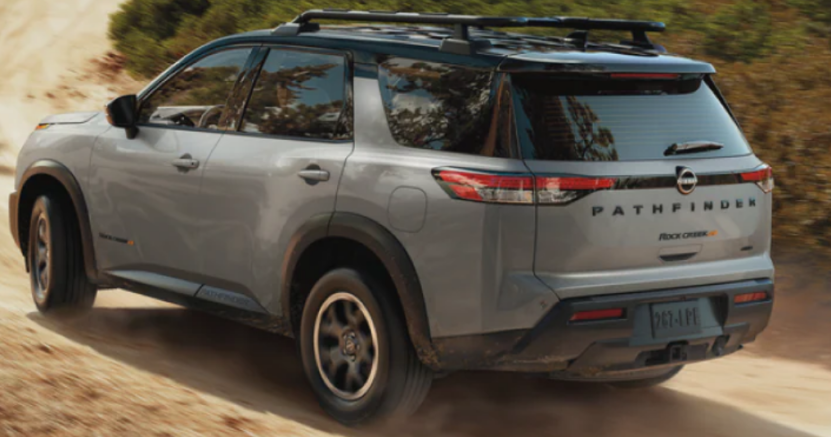According to reports, Nissan has halted production of three models at its two assembly plants in the United States that are destined for the Canadian market. This decision comes as the company awaits the outcome of trade negotiations between Canada and the U.S. Christian Meunier, President of Nissan Americas, stated that the company expects this production reduction, triggered by retaliatory tariffs imposed on U.S. vehicles by Canada, to be a short-term measure. He emphasized that this is not a permanent shutdown, but rather a pause.
Since May, the supply of the Nissan Pathfinder and Murano crossovers produced in Tennessee, as well as the Frontier mid-size pickup assembled in Mississippi, has been suspended for the Canadian market. Prior to this, the company had stocked up its Canadian dealer network with inventory of these models. Nissan's move follows a 25% tariff on imported vehicles imposed by U.S. President Trump on April 3. Canada responded with a similar 25% retaliatory tariff on U.S. imported vehicles on April 9. The Canadian government also plans to implement a tariff exemption policy for automakers producing domestically, but Nissan, lacking a production base in Canada, cannot benefit from this policy.
Meunier noted that the global procurement network for the Canadian market will effectively mitigate the impact of tariffs. He pointed out that 80% of the vehicles sold in Canada are not affected by U.S. tariffs because they are not imported from the U.S. Nissan's best-selling Rogue model is produced in Japan, while the Kicks and Sentra, which rank second and third in sales, are produced in Mexico. Although the Pathfinder, Murano, and Frontier have stable sales, they are not top sellers, accounting for 13.5% of Nissan Canada’s total sales last year. In 2024, Nissan sold 7,120 Pathfinders, 3,271 Murano units, and 2,641 Frontiers in Canada according to data from Automotive News Research and Data Center.
The high inventory levels of Nissan’s U.S.-produced models will help cushion the impact of tariffs on consumers, unless the trade war continues into the fall. As of early July, Nissan Canada’s spokesperson Didier Marsaud revealed that the average supply days for U.S.-produced models reached 90 days, with pricing remaining at levels prior to the tariffs. However, Nissan's luxury brand Infiniti faces additional taxes on its best-selling QX60 model in Canada. In 2024, Infiniti sold 3,342 QX60s produced in Tennessee, making up 61.2% of its total sales in Canada. Given the importance of the QX60 model to the Infiniti brand and significant upgrades for the upcoming 2026 model, Marsaud mentioned that Infiniti will take a differentiated approach regarding imports from the U.S. for the QX60. "We have made a strategic decision to limit QX60 imports from the U.S. starting late this summer and will continue to evaluate our production plans based on tariff conditions," he said. The company has not yet announced pricing for the updated QX60.
Despite escalating tensions between the U.S. and Canada, Christian Meunier remains optimistic that North American automotive tariffs will be lifted or significantly reduced in the coming months. "I am very confident that the current 25% tariffs will be greatly reduced," Meunier added, stating that once the tariffs are lowered, Nissan would resume importing vehicles from its U.S. assembly plants to Canada. Following a meeting between Trump and Canadian Prime Minister Mark Carney in June, Canada and the U.S. are working to resolve their differences and aim to reach a new trade agreement by July 21.
Nissan Suspends Production of Three Models for Canada at U.S. Plants

Share this post on: